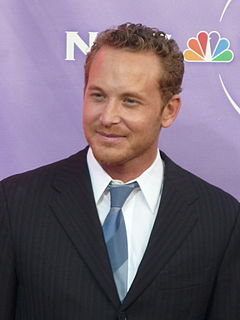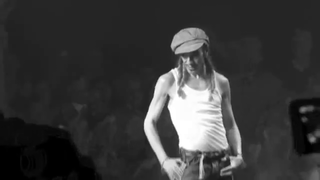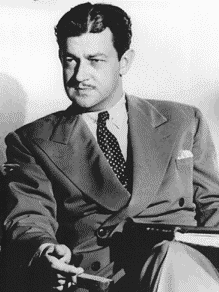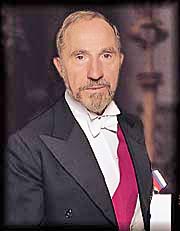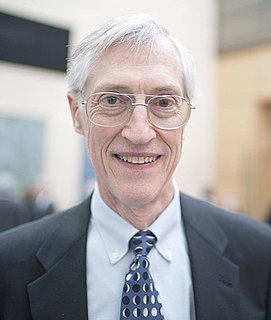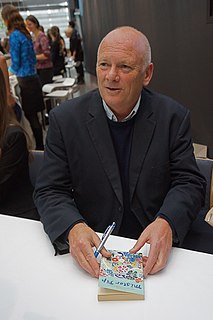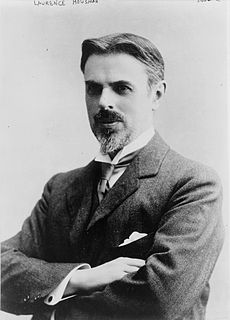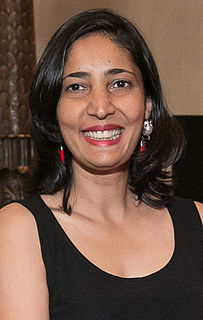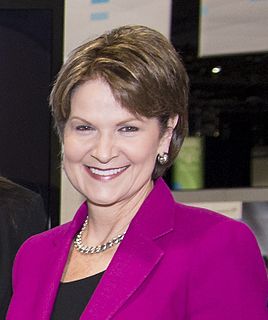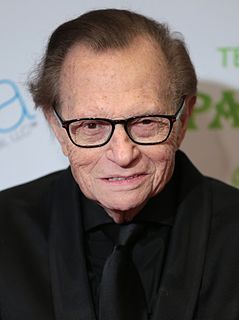A Quote by Donald Johanson
My real father died when I was two years old, so I never knew him. He was a barber in Chicago.
Related Quotes
My father died right after the movie Rain Man was released. He got to see it, then literally the day before he died, he asked Mama to take him to see it one more time - because he knew he was declining. Tom's assistant at the time told him my father died, and he wrote me a very personal note. I haven't seen him since, but you can't say anything bad about Tom Cruise to me, because anybody who takes the time to do that is very special.
My father died at 42, of a heart attack. My mother was 32 then. She never wanted to be a victim. And that really resonated as a nine-year-old child. And one of the most revealing things was, very soon after my father died - he was in real estate and he owned some modest buildings - they came to my mother, the men that worked for him, and they said, "You don't have to worry. We will run the business and we will take care of you." And my mother said, "No, you won't. You will teach me how to run the business and I will take care of it and my children."
My mother's father, Hobart Cromwell, was a bacteriologist with Abbott Laboratories in suburban Chicago. I never got to know him well, as he died very young, but he was always a heroic figure in our family, wise and gentle and intelligent by reputation, with the courage to fight against the McCarthyites.
I was eleven when my father left, so neither of us really knew our fathers. I’d met mine of course, but then I only knew my dad as a child knows a parent, as a sort of crude outline filled in with one or two colors. I’d never seen my father scared or cry. I’d never heard him admit to any wrongdoing. I have no idea what he dreamed of. And once I’d seen a smile pinned to one cheek and darkness to the other when my mum had yelled at him. Now he was gone, and I was left with just an impression—one of male warmth, big arms, and loud laughter.
When he died, I went about like a ragged crow telling strangers, "My father died, my father died." My indiscretion embarrassed me, but I could not help it. Without my father on his Delhi rooftop, why was I here? Without him there, why should I go back? Without that ache between us, what was I made of?
I had the experience of having my grandmother in a nursing home at the end of her life, and had dementia set in with my father. He was in a nursing home with dementia at the end of his life, but it happened for me personally 10 years ago. My father was much older than my mother, so I experienced it as a pretty young person. People's parents die at various ages, but my father died of mortality. He died of being an old person. Illness and stuff happened, but essentially, he was old and he was going to die.

